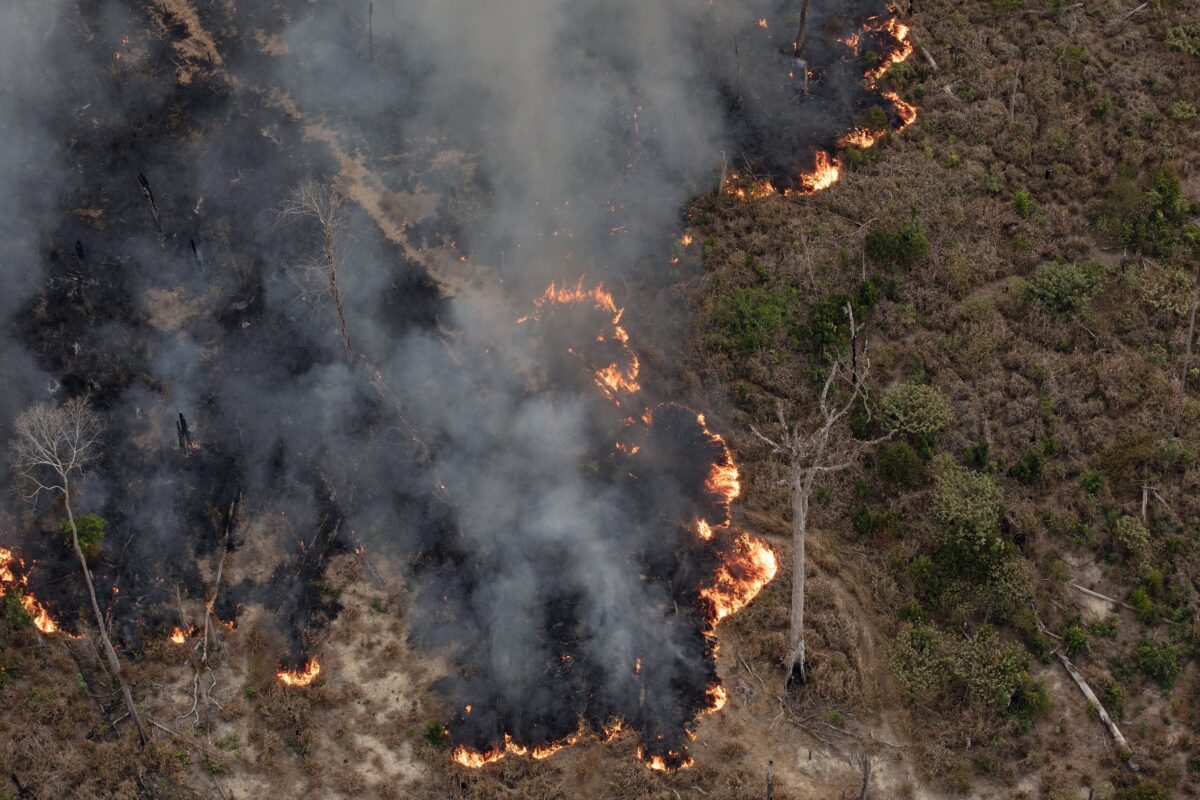Blazing Alarm: Brazil Braces for Potential Inferno in 2025 Fire Season

Brazil Takes Decisive Action to Combat Wildfire Crisis in 2025
In a bold move to prevent another catastrophic fire season, Brazil has declared a nationwide environmental emergency. This unprecedented step comes in the wake of the devastating wildfires that ravaged millions of hectares of the Amazon Rainforest and other critical biodiversity regions in 2024.
On February 27th, Environment Minister Marina Silva signed a landmark decree granting authorities expanded powers and additional resources to proactively combat and suppress potential wildfires. The emergency declaration represents a critical intervention to protect Brazil's most precious ecological landscapes from further destruction.
The 2024 fire season set alarming records, consuming vast swathes of native vegetation and threatening the delicate ecosystems that are crucial to global environmental health. By taking swift and comprehensive action, Brazil aims to break the cycle of environmental devastation and implement more robust fire prevention and management strategies.
This emergency measure signals the government's commitment to preserving the Amazon and other vital biomes, recognizing their immense importance not just for Brazil, but for the entire planet's ecological balance.
